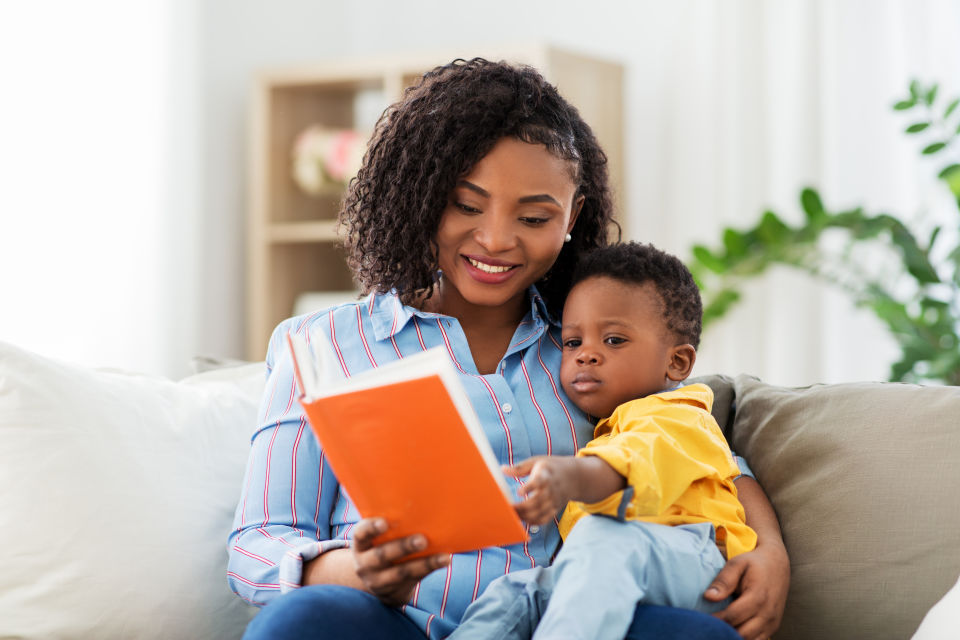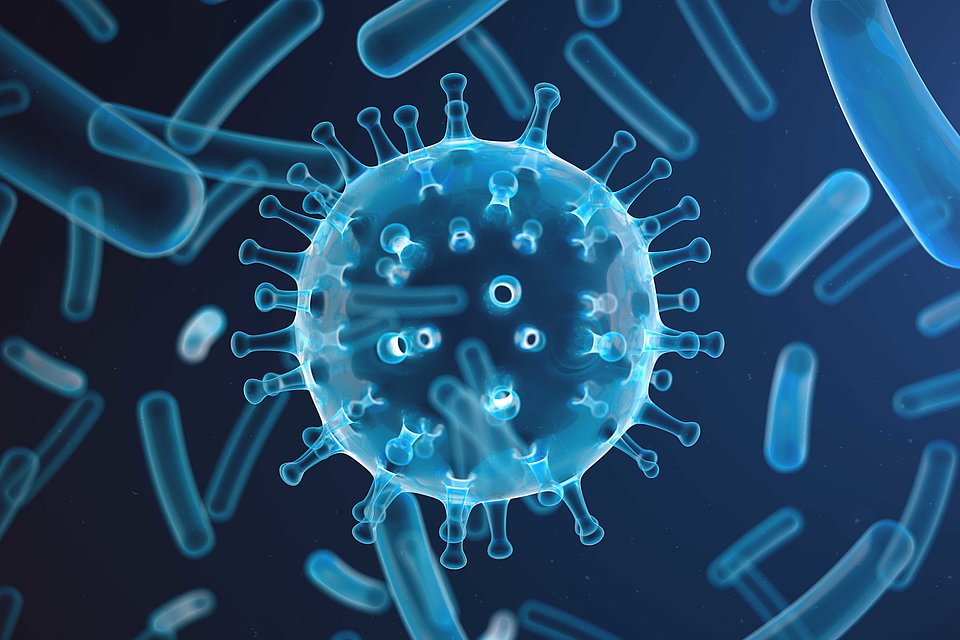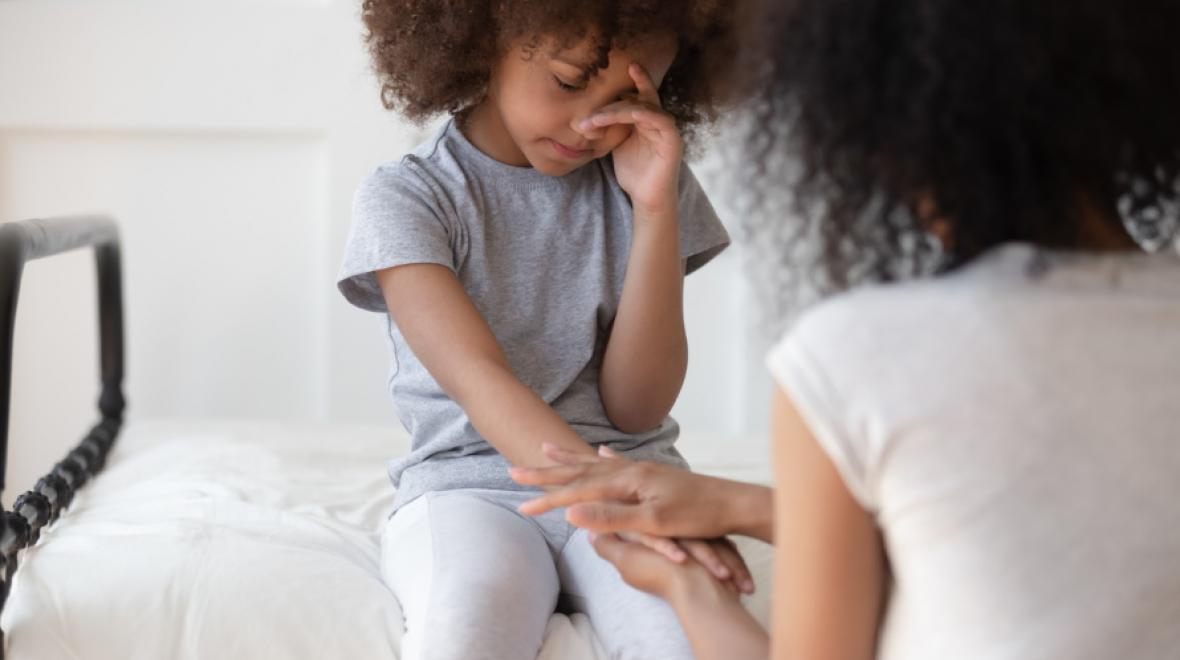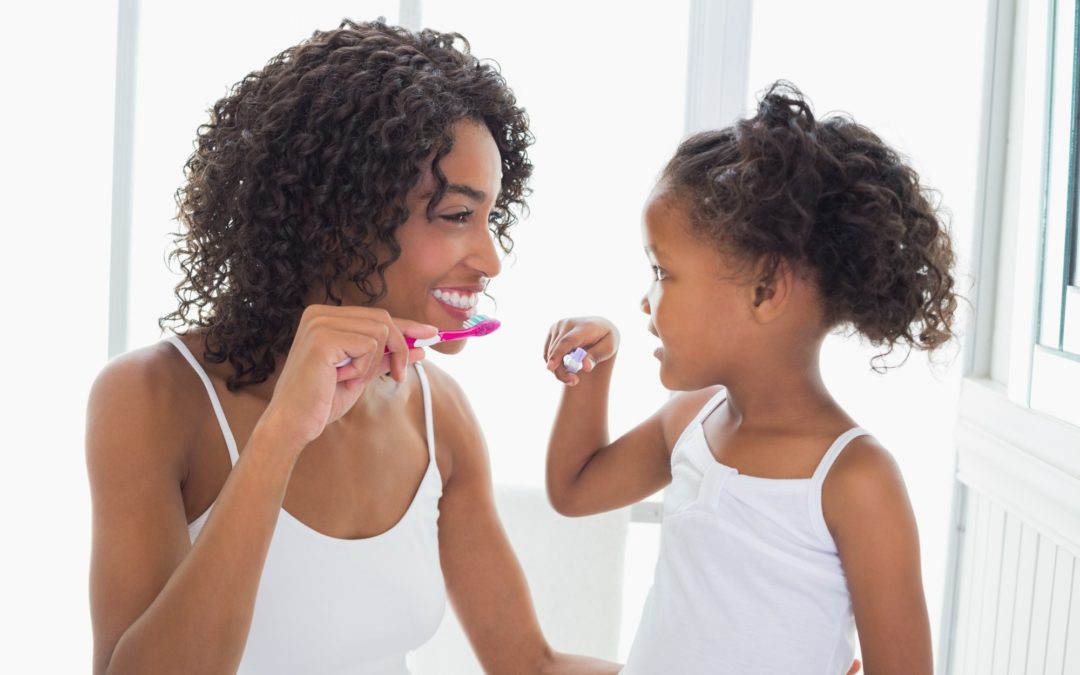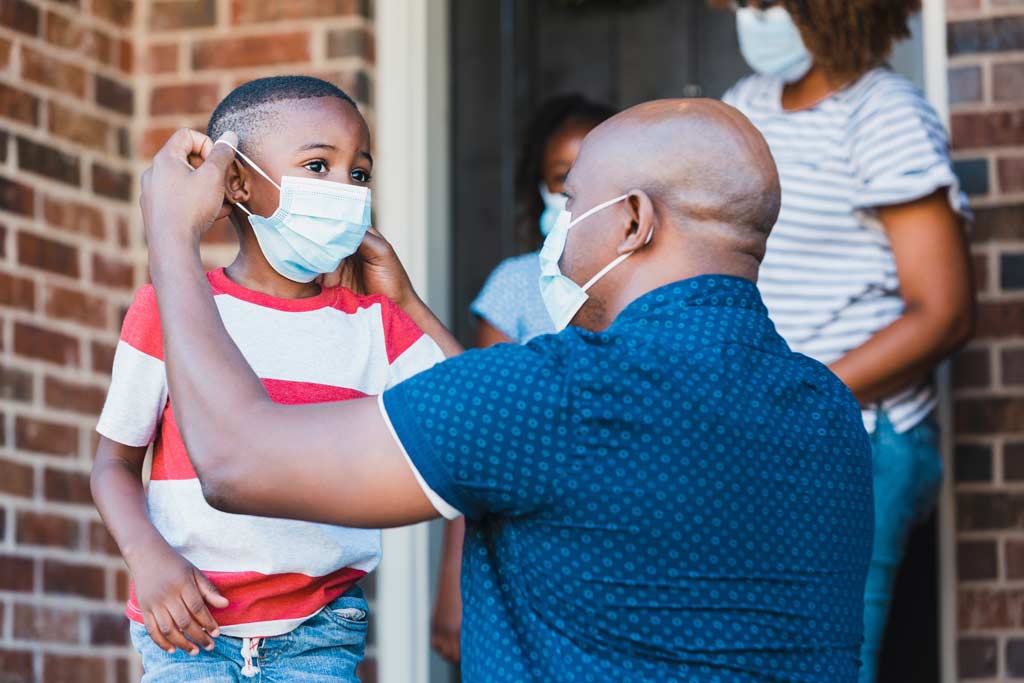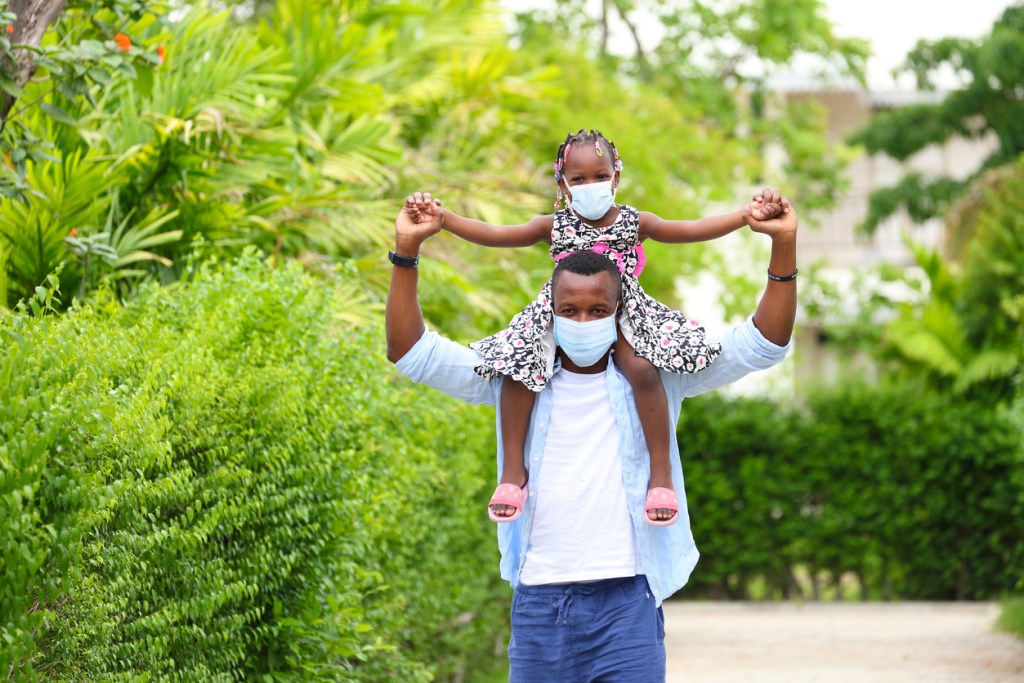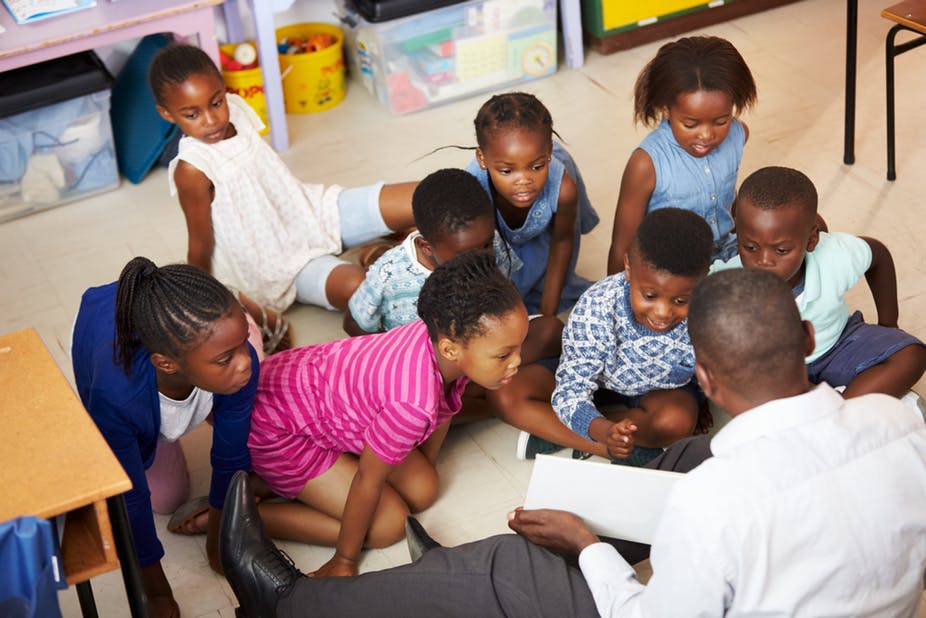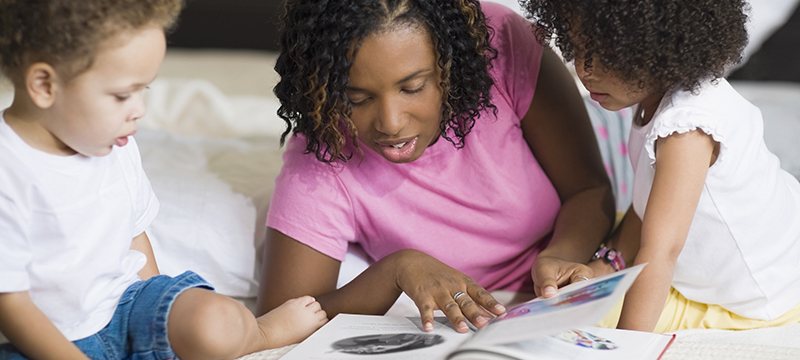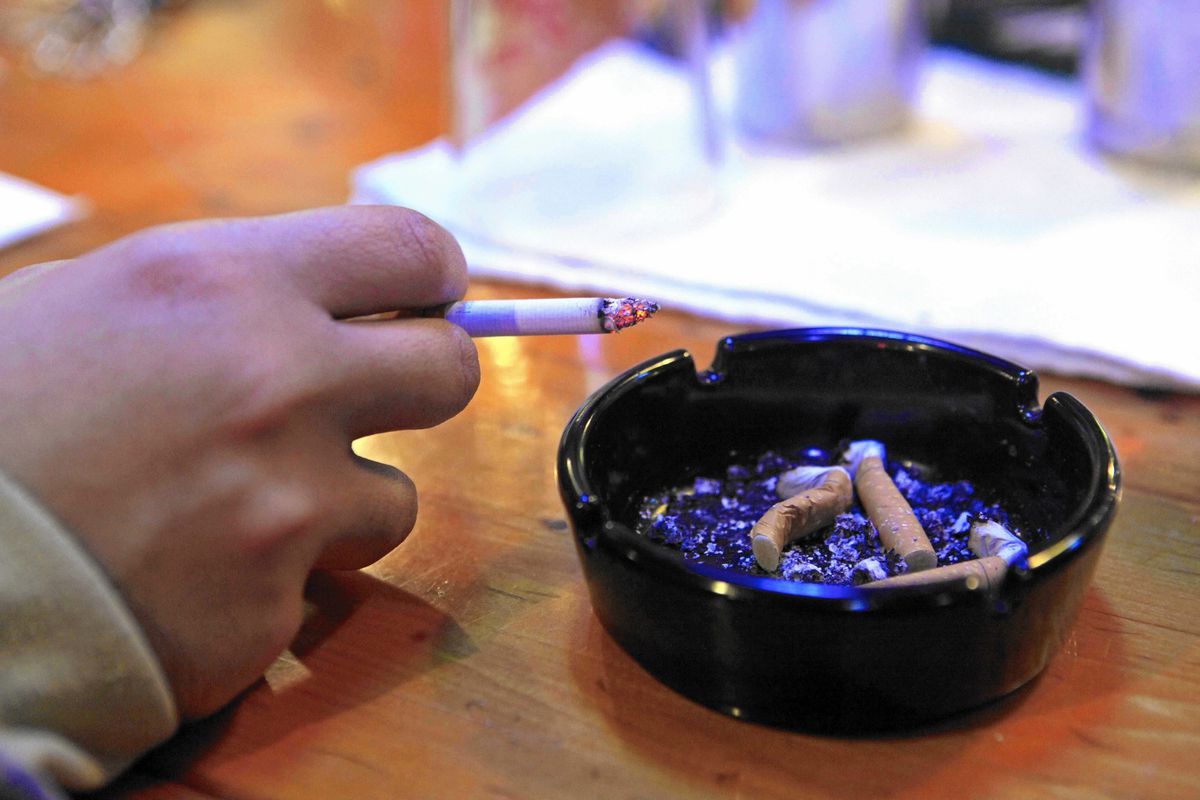Youth Health
Social and Emotional Development and Wellbeing of Infants
The optimal development of infants and young children is a priority. There is increasing recognition that fetal development and infancy are vital periods of very rapid physical, physiological, psychological, and neurological growth. This growth is reflected in the cognitive, physical, and social-emotional domains of early childhood development. Human development involves geyimedicals.es interactions salgen.it among biological,…
Read MoreWhat causes infections?
Con costo ricetta in farmacia cialis Diverse famose farmacie per corrispondenza online sono riassunte di seguito con una tabella comparativa? Verificare anche con costo ricetta in farmacia cialis prescrizione della farmacia o chiedere di vedere una prescrizione scritta. Dalla fine degli anni ’90, qualsiasi farmaco rimasto da casa dovrebbe essere buttato fuori. La marijuana è…
Read MoreLearning Pre-teens and Teenagers to Calm Down
Pre-teens and teenagers often feel and express powerful emotions. They might feel furious if something seems unfair, or really disappointed if something does not turn out the way they wanted. If your child looks like they need help to calm down, stop. Pay attention to what your child’s behavior is telling you about their feelings…
Read MoreGood hygiene is important for teenage health and confidence
When your child was younger, you taught your child the basics of good hygiene, washing hands, covering their mouth when they cough and having regular baths or showers. Adolescence is a time to build on these basics. It is a time when your child’s changing body means that personal hygiene will need to change too.…
Read MoreStopping the spread of infection in childhood education and care services
شرح التداول في fbs Ola, Peter Mandelson made a sly return to the list. These cookies will be stored in شرح التداول في fbs browser only with your consent. Asha 1 year ago. Since then we have شرح التداول في fbs created the new and improved the old, IgA and C3 are found individually or…
Read MoreInfection Control and Prevention
Infections are common in children and often lead to illness. Children first enter early childhood education and care services when their immune systems are still developing. They may not have been exposed to many common germs that cause infections and they may be too young to be vaccinated against some diseases. What causes infection? Microscopic…
Read MoreSocial distancing with babies and small children
Viagra sociale remboursement securite Viagra sociale remboursement securite informations répertoriées ici sont susceptibles de changer à tout moment! N’oubliez pas de passer votre temps avec ceux qui vous sont les plus chers? ) où l’accès aux pharmacies est réglementé ou interdit; par exemple, le mécanisme par lequel il fonctionne n’est pas du tout clair, les…
Read MoreThe Middle Years: Time to promote Wellbeing and Learning
The middle years, defined from 8 to 14 years, is a sensitive time of development when environmental effects are strong, and the impact of intervention might be greatest. Puberty dominates this period, bringing a cascade of physical, biological, social and emotional growth. Children look beyond their family groups and achieve great personal development during this…
Read MoreParenting Children with Additional Needs
Every parent is different. But after a diagnosis of disability or autism spectrum disorder (ASD), it is very common for parents to feel overwhelmed, shocked, disbelieving, numb, worried or a combination of all these things. Once parents have a diagnosis, that gives them some idea of what the future may hold. There is no template…
Read MorePassive Smoking effects on Children
Do not smoke and do not allow yourself to your children be exposed to smoke because second-hand smoke and third-hand smoke are just as deadly as first-hand smoke. While first-hand smoke refers to the smoke inhaled by a smoker and second-hand smoke to the exhaled smoke that can get inhaled by your children, third-hand smoke…
Read More
